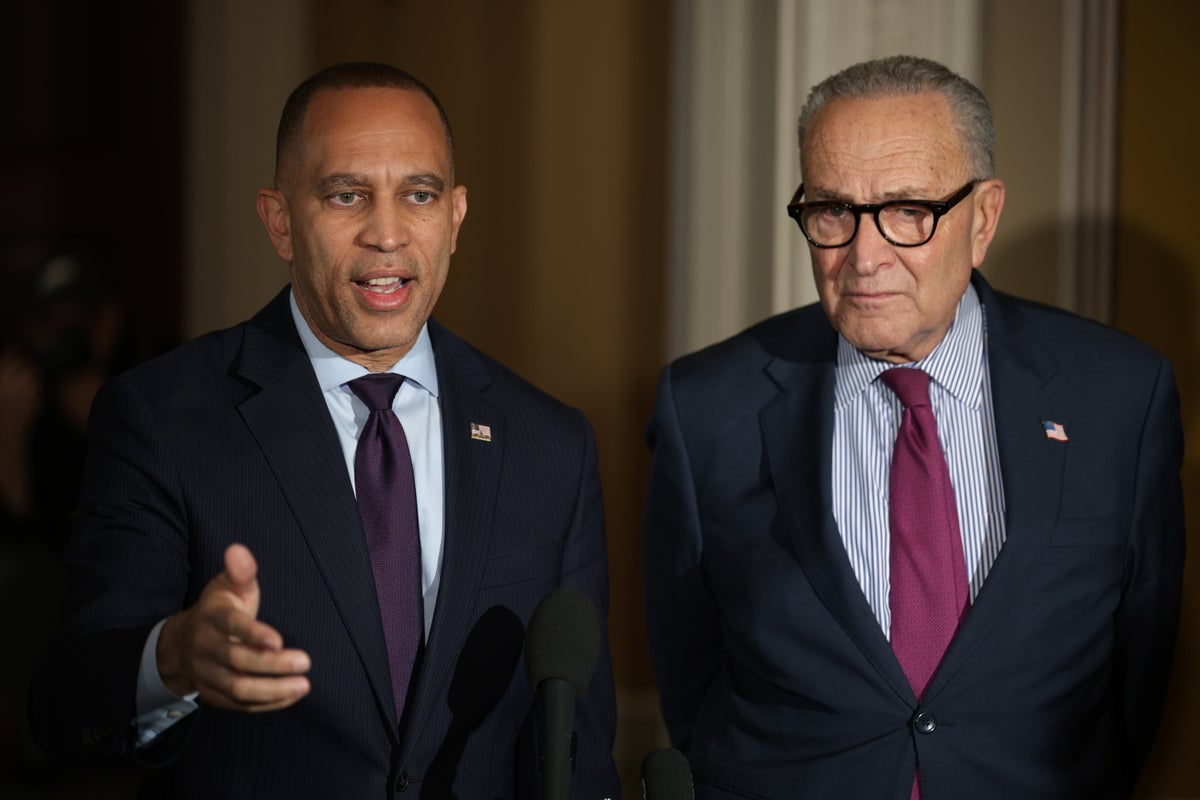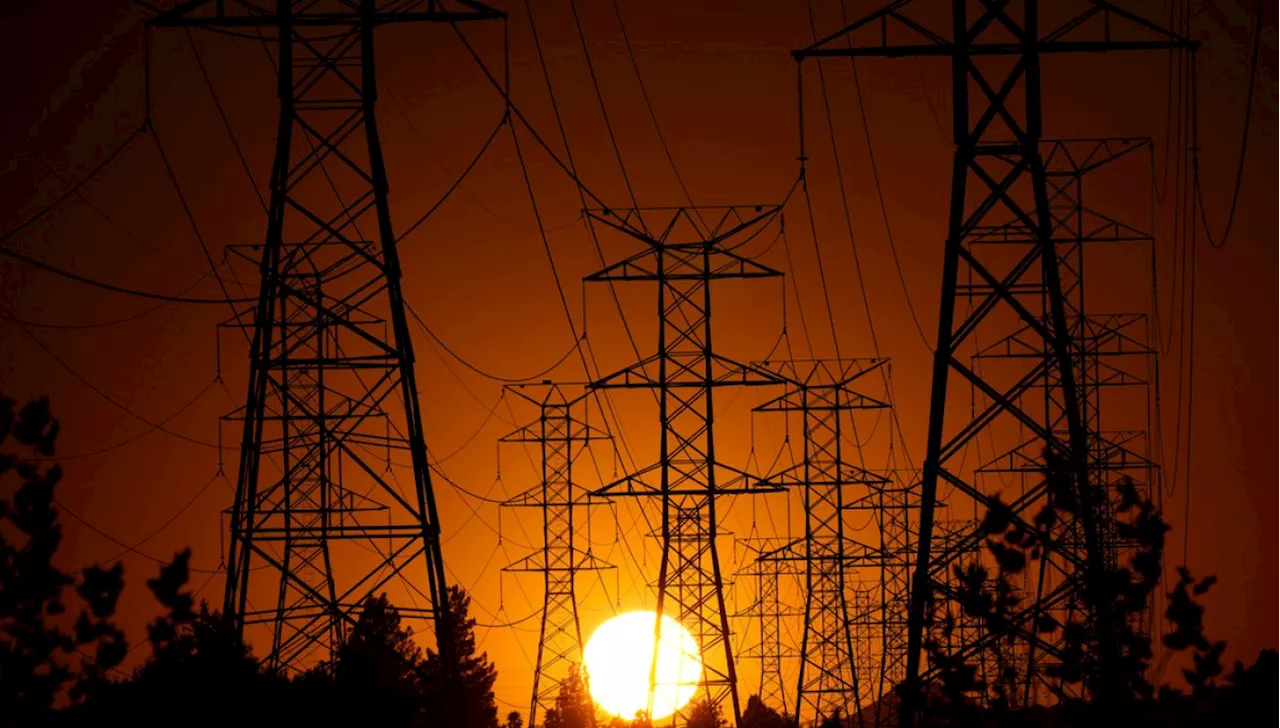Senate Minority Leader Chuck Schumer is under increasing pressure from within the Democratic Party as he navigates the aftermath of a recent government shutdown. Despite voting against a modified continuing resolution aimed at reopening the government after a 41-day closure, many House Democrats and party advocates are calling for the 74-year-old New Yorker to step aside from his leadership role.
Schumer’s strategy involved attempting to compel Republicans to link an extension of Covid-era enhanced tax credits to the Affordable Care Act’s insurance marketplace. This approach appeared to be a straightforward battle, given that public trust in Democrats on health care issues generally surpasses that of their Republican counterparts. Furthermore, Republicans have struggled to propose a viable alternative to the Affordable Care Act, also known as Obamacare.
The situation intensified following Schumer’s earlier decision to support a Republican stopgap spending bill in March, which drew criticism from numerous members of his own party, particularly those on the progressive side. This backlash even led to discussions about potential primary challenges against him, including speculation that Alexandria Ocasio-Cortez might run against him in 2028.
Republican leaders, including House Speaker Mike Johnson and Vice President JD Vance, have pointed to the emerging threat from Ocasio-Cortez as a motivating factor behind Schumer’s recent maneuvers. However, over the weekend, Schumer lost control of the narrative when a faction of Democrats broke away to agree on a plan to keep the government open until January, in exchange for a Republican commitment to vote on the tax credits in December.
Adding to the embarrassment for Schumer, his own party whip, retiring Senator Dick Durbin, supported this effort. The dynamics of this situation reveal the complexities of political negotiations, especially as former President Donald Trump has threatened to eliminate the filibuster and push for voter identification measures, further complicating bipartisan discussions.
Schumer’s inability to effectively manage expectations about what Democrats could realistically achieve has been a recurring issue during his tenure. For instance, he had previously assured party members that House Republicans would restore funding cuts affecting Washington, D.C.’s budget, a promise that ultimately did not materialize after the Senate passed the bill.
The challenges Schumer faces stem from a fundamental miscalculation regarding bipartisan cooperation. He expressed confidence that negotiations would involve not only Democratic and Republican senators but also leaders like Johnson and Hakeem Jeffries. His comments suggested an optimistic outlook that has not materialized, emphasizing a disconnect between his expectations and the political realities of the situation.
This pattern of misjudgment extends to significant electoral efforts. In the 2020 elections, Schumer invested heavily in flipping Senate seats across multiple states, including Arizona and Iowa. The results, however, fell short of expectations, with only Colorado and Arizona changing hands. Following President Joe Biden’s victory, Schumer’s ambitions for the Senate majority were met with further disappointment, particularly as conservative Democrats like Joe Manchin and Kyrsten Sinema expressed hesitance towards expansive spending initiatives and changes to legislative procedures.
As the leader of the Democratic caucus, Schumer holds substantial power, yet he cannot unilaterally pass legislation or compel the House to vote. His attempts to project strength and control have often backfired, leading to disillusionment among Democratic voters. Schumer’s current predicament serves as a reminder of the complexities of legislative leadership and the delicate balance required in the often contentious environment of U.S. politics.
As the fallout continues, the future of Schumer’s leadership role remains uncertain, with calls for change reverberating through the ranks of his party. The implications of his decisions will likely influence the Democratic Party’s direction and strategy as it moves forward into an increasingly polarized political landscape.







